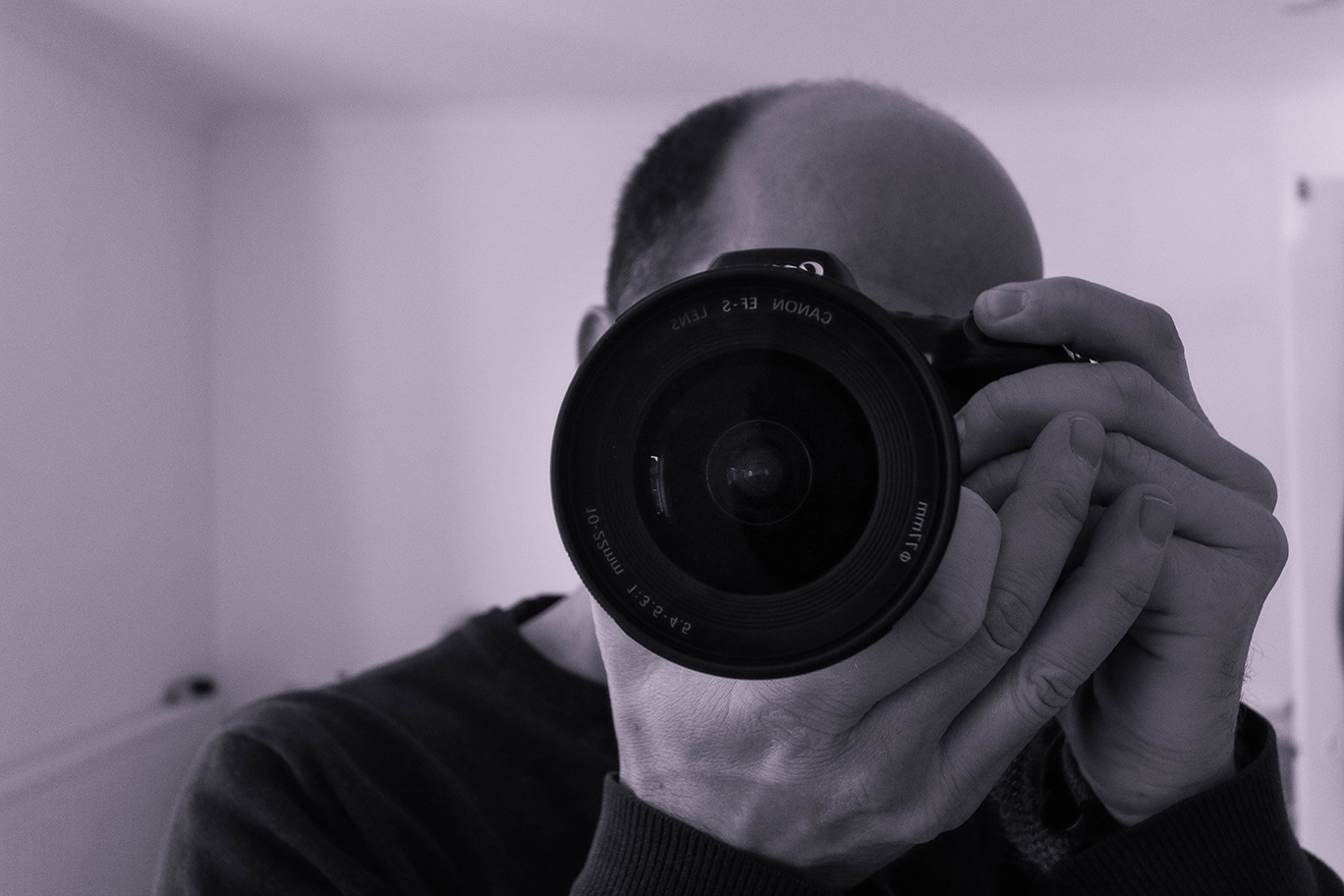Write what you know
- Mark Davies

- Jan 22, 2021
- 4 min read
Updated: Sep 29, 2025
Most of us have come across this phrase at some point. Story writing at school? Write what you know. Creative writing course out of school? Write what you know. Infrequently updated blog on a copywriter's webpage... yep, it's inevitable. And, let’s face it, you’ve probably fobbed your kids off with the same old trope when they’re bemoaning a lack of ideas for their English homework.
It’s why I write a newsletter for The Wellderness. And it was the inspiration behind my Ordinary Runner blog. If I’m going to write anything, I want to start from a position of knowledge. I mean, who would choose a subject they don’t know? Well, more on that later.
Is it right to write what you know?
The saying (as with so many) is attributed to Mark Twain, but plenty others have weighed in with their own views. Depending on who you listen to, it’s either the best or the worst advice a writer can receive.
To argue in its favour is easy. Imagine sitting in front of a blank page, eager to stain it with a story, but feeling bereft of inspiration. Where do you start other than with what you know? Alternately, you could have the best idea, but know nothing about the subject. Then it’s research time. But too much research can snuff out the spark before the real writing starts. Trust me, I’ve been there.
Writing what you know lets you get your thoughts down and keep the enthusiasm up. You can always research later, if you need to.
On the flipside, writing only what you know can become an albatross. From the shores of your own mind, you’re fishing in a limited pool of knowledge. And anything you catch could be disappointingly dull. As Kazuo Ishiguro put it, “’Write about what you know’ is the most stupid thing I’ve heard. It encourages people to write a dull autobiography. It’s the reverse of firing the imagination and potential of writers.”
Whether good or bad, the cliché remains. Okay, having Mark Twain as your originator probably helps, but there’s more to it than that. Isn’t there?
“You throw it all away and invent from what you know. I should have said that sooner. That’s all there is to writing.”
Is there?
Hemmingway has a unique take (of course): “You throw it all away and invent from what you know. I should have said that sooner. That’s all there is to writing.”
You see, just because you start fishing in your own limited knowledge pond, it doesn’t mean you have to stay there. Even if you do stay put, you can fill that pond with a million different fish – real or imagined.
What you know is only the beginning. It’s the jump off point from where you soar through your imagination. Whether it’s the setting, the characters or the human truth at the heart of your story, what you know is enough to get started. From there you’re only as limited as your creativity.
Learn as you go
Of course, that’s all good when it comes to fiction. But what of real life, where facts demand knowledge and readers expect insight? Back to my earlier point – that I wouldn’t choose a subject I don’t know. Well, that’s what I thought when I set out to write the Ordinary Runner blog.
And it’s true. To a point. As a keen runner of over 10 years, I know a fair bit about running. Enough, say, to churn out a light-hearted look at injury. But even there, where I didn’t exactly trouble the limits of human knowledge, a little research was necessary.

In the case of the injury post, the research came late in the process. Other topics demand a lot more digging, much earlier in the writing. In those cases, the “what I know” of them is essential to get me going. Otherwise, writing without any basic knowledge can be like fishing without any bait. And, while some might simply enjoy the escape of a riverbank, a blank page is rarely a reasonable return for a day’s writing.
The old man and the sea
For his famous novella, Hemmingway had an ocean of knowledge available to him. Whether he was already well-versed in Cuban fishing culture is unsure - he was certainly well-placed to learn. What he did know was conflict and drama and how the human condition could be mined for the sake of story.

Pride, survival and desperation all feature in his beleaguered protagonist’s grapple with the giant fish, and his subsequent fight with determined sharks. Hemmingway played with familiar traits, knowing the reader would empathise, even if the experience was alien. He invented from what he knew. Whether that was limited to the art of story or it included intricate knowledge of deep-sea fishing, the story came from a mix of knowledge and imagination.
What you know is only the start
And so, with the utmost respect, I disagree with Kazuo Ishiguro. Write what you know isn’t the reverse of firing the imagination, it’s the spark that sets off your story. So long as you have the right bait, there’s no limit to what you can catch in your own pool of knowledge. Whether it’s a tiny, lost fish with an odd flipper or a giant marlin that tows you far out to sea, you only need to know enough to get it hooked. How you reel it in is what makes your story great.
















Comments